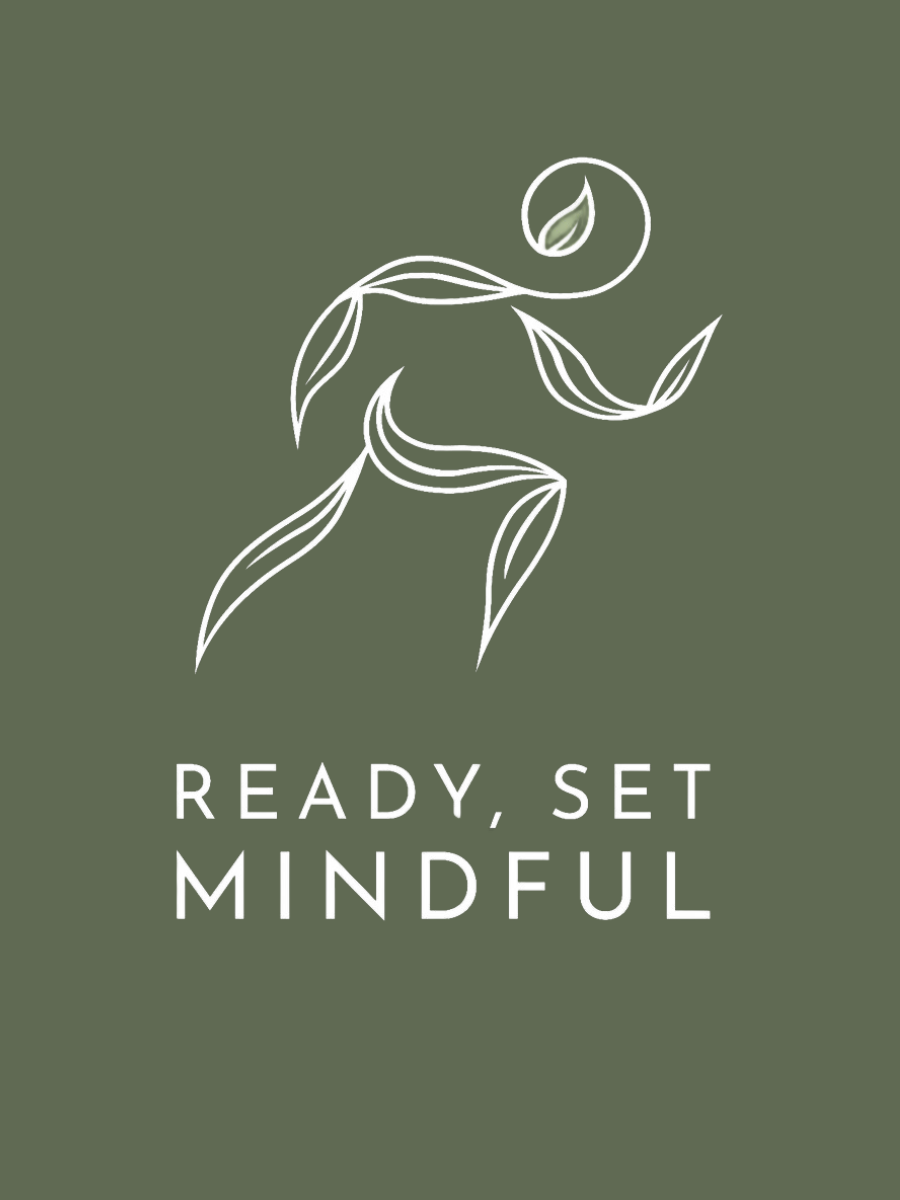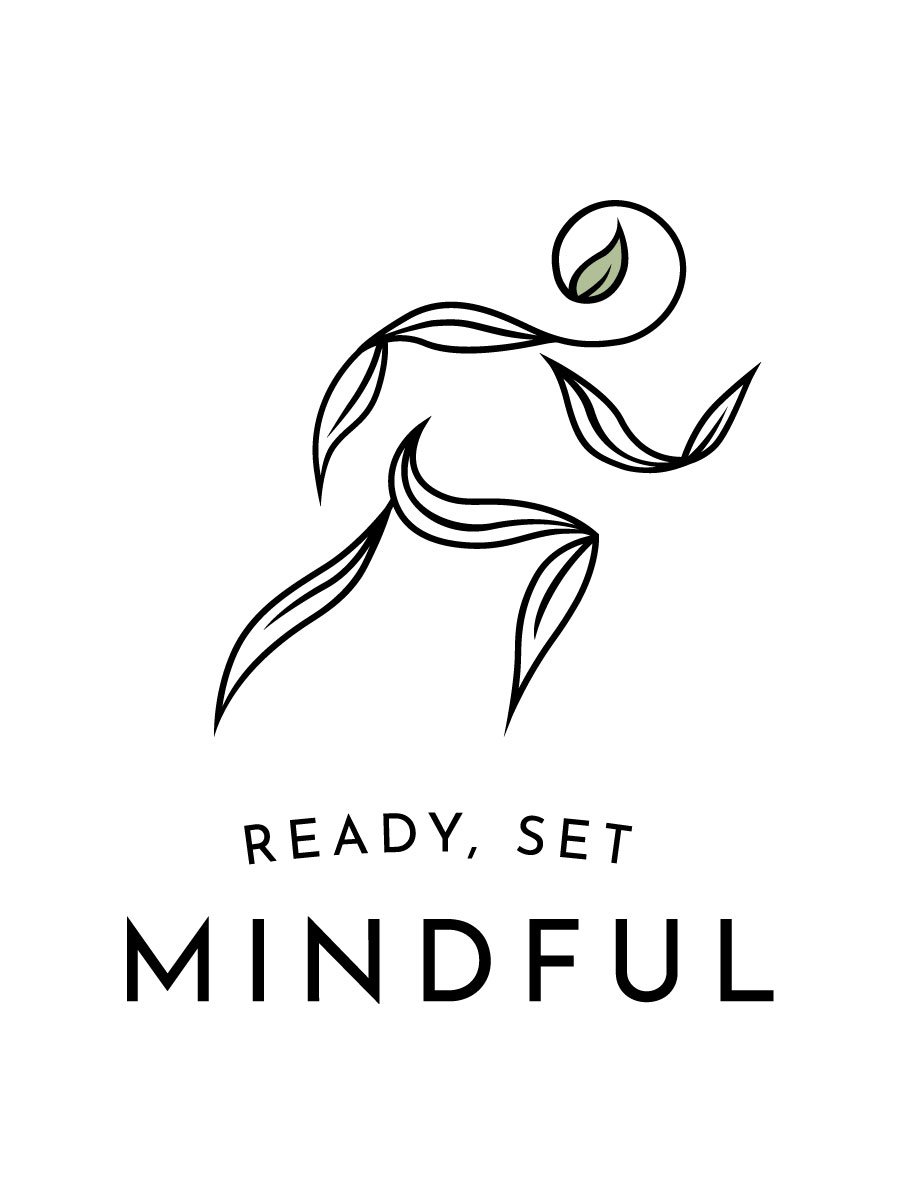The Important Role of Mental Health in Endurance Runner Training
Hey, fellow endurance athletes! 👋
As a triathlete and marathoner myself, I know that being an endurance athlete requires a TON of physical and mental endurance. While we often focus on training our bodies to go the distance, it's important to also pay attention to our mental health. 🧠 As endurance athletes we often push our body and mind to the limit. I’ve definitely trained and competed in races injured and had negative self-talk before/during and after workouts and races. As competitive athletes, it’s in our DNA to push ourselves, have high expectations, and chase big goals.
Chasing big goals and having a high bar is NOT a bad thing.
Where it becomes tricky is when we beat ourselves up for being injured, making mistakes with our nutrition, missing workouts and not being ‘ON’ or motivated all the time. At that point, the high bar we set for ourselves sets us up to judge ourselves and compare where we are to where we are not.
There are going to be workouts that you feel shitty, sluggish, and not motivated. For those days the goal is to just SHOW UP AND DO THE WORK. Those are days that you grind. We have to trust that there will ALSO be days when you feel strong, fast, and motivated. On those days you PUSH MORE.
Endurance athletes like us face unique mental health challenges that can impact our performance and overall well-being. Here are some common challenges that endurance athletes face AND also some tips for managing those challenges.
🏃♀️ BURNOUT: Endurance sports require a lot of training, and dedication (not to mention financial commitment 💰) which can sometimes lead to burnout. To avoid burnout, make sure to schedule rest days into your training plan (Not everyone’s fave I KNOW), and don't be afraid to take a break from training altogether if you need it. It is SO tempting to push your mind and body and think that rest will cause you to lose momentum in your training. I feel you! HOWEVER, I have experienced BIG gains in my mental performance when I started listening to my body.
It is important to know the difference between pushing through discomfort and pushing through. It’s also important to recognize when your emotional brain is convincing you to take the easy way out versus truly needing a rest day. Trust your body on this one.
🏊♂️ ANXIETY: The pressure to perform at our best can cause anxiety in even the most seasoned endurance athletes. I still have thoughts of doubt creep in from time to time. When this happens it’s important to catch that thought in that moment and take a deep breath. Disrupting anxious thoughts is KEY before the anxiety builds and graduates to a panic attack or severe anxiety. To manage anxiety, try deep breathing, and visualizing you performing well (run through your warm-up, competition with as many details as possible. Remember to see yourself smiling!)
Use positive or neutral self-talk (sometimes being POSITIVE can seem too far away, so just try getting to neutral) It can also be helpful to set realistic goals and focus on the process (small mini goals) rather than the outcome that’s too far away and out of your control.
DEPRESSION: Endurance sports can be incredibly rewarding, and fill us with so much pride and a sense of accomplishment BUT they can also be isolating and lonely at times. If you're feeling down, try reaching out to friends or joining a running or cycling club. It can also be helpful to talk to a therapist who you feel GETS YOU! I have limited availability, but do keep a couple of slots open for 1:1 work.
→Schedule your FREE 15 min consult HERE←
l understand the unique challenges of endurance sports and live, breathe, and love working with endurance athletes.
BODY IMAGE ISSUES: Endurance sports can also be really challenging for athletes with body image issues or a history of disordered eating. Endurance athletes (especially female athletes) really struggle with judging themselves and their bodies and comparing to others, which leads to overthinking and takes you out of your performance. Under-fueling is also very common for endurance athletes. Remember that fueling your body properly is essential for mental and physical performance, hormone health, gut health, and sleep.
SLEEP ISSUES: One of my fave topics! Proper sleep is SO clutch for recovery and overall well-being, but endurance sports can sometimes interfere with sleep. Early morning workouts before the work/school day starts can cause us to sometimes choose between sleep and getting our workouts in! To improve your sleep, here are my fave tips!
1.) Establish a regular bedtime routine. How will your body and brain to know it’s time for bed? Turn off some lights, take a shower to shift your temperature, have some tea, and practice a 5-MINUTE MEDITATION or gentle yoga or stretching.
2.) Eat your last meal 2 hours before you lie down to go to sleep.
3.) Limit screen time before bed- turn your phone on DND 1 hr before bed and sleep with it across the room.
FINAL TIP: Remember, taking care of our mental health will give us BIG GAINS in our physical and mental performance. By prioritizing our mental health, we are sending a message to our body and mind that we are even more capable of handling hard workouts, stress, fear and anxiety when those things inevitably come up! By being aware of these common mental health challenges and taking steps to manage them, we can perform at our best and thrive long-term in our sport 💪
Keep on training and stay strong, endurance athletes! 🏊♂️🏃♀️🚴♀️
To start with a sleep meditation regime go to our
5 MIN MEDITATION GUIDE PODCASTS
Until next time! Be Well & Stay Mindful 🌿
Kerri, Athlete+Therapist+Mindset Coach


